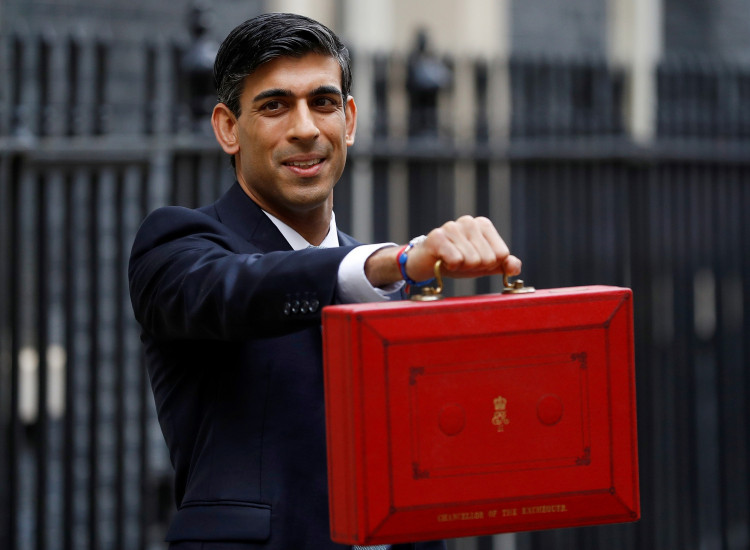In an unexpected twist in political allegiance, the Conservative Party is at risk of losing its grip on rural constituencies, traditionally considered its strongholds, according to a recent poll. This shift comes as rural voters express feelings of disconnection and neglect from central government policies, casting doubt on the party's future performance in these areas.
The survey, conducted by Survation for the Country Land and Business Association (CLA), indicates a significant 25-point drop in Conservative support in England's 100 most rural constituencies since 2019. With only 34% of the rural electorate inclined to vote Conservative, the party faces the potential loss of more than half of these seats to Labour and the Liberal Democrats. High-profile Conservatives such as Jacob Rees-Mogg, Jeremy Hunt, and Thérèse Coffey could see their constituencies change hands if current sentiments hold.
Victoria Vyvyan, president of the CLA, highlighted the growing disillusionment among rural voters, stating, "This poll makes it clear that rural voters feel politically homeless and disconnected from central government." She emphasized the opportunity for political parties to win over this crucial demographic by presenting a clear and ambitious plan for rural economic growth.
Despite the Conservative Party's challenges, many rural constituents remain undecided, with almost 35% of survey respondents yet to determine their allegiance. The Liberal Democrats' support remains relatively stable, while both major parties struggle to convince rural communities of their understanding and commitment to rural issues.
The CLA has proposed a series of missions for political parties to demonstrate their commitment to rural voters. These include investing in sustainable farming, providing affordable rural housing, addressing rural crime, and improving connectivity in rural areas. Vyvyan's message to political leaders is straightforward: "Our vote is there for the taking, and they need to show us that they understand and respect our community."
The sense of political abandonment in rural communities was poignantly expressed by Vyvyan, who recounted interactions with small farming groups feeling overlooked by government priorities. "We feel invisible," she remarked, emphasizing the sentiment of political homelessness pervading rural areas.
This emerging trend in rural political dynamics coincides with a period of scrutiny and pressure for leaders of both major political parties. The Conservative Party faces criticism for its perceived lack of effort in upcoming by-elections in traditionally safe seats, with some party members fearing a demoralizing effect on the party's morale. At the same time, Labour leader Sir Keir Starmer navigates internal challenges related to the party's stance on international conflicts and environmental policies.
Despite Labour's recent policy reversals, the party maintains a significant lead in national polls, suggesting a complex and evolving political landscape as the general election approaches. As rural communities voice their discontent, the shifting political allegiances highlight the need for parties to reevaluate their strategies and policies to address the unique needs and concerns of rural voters.




